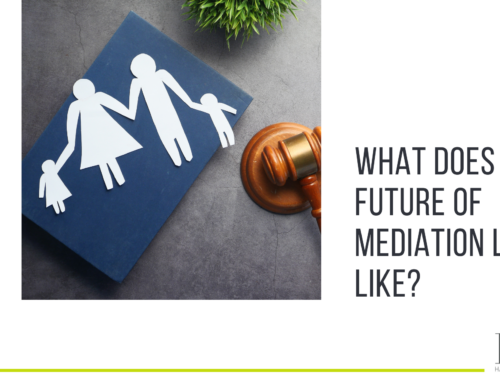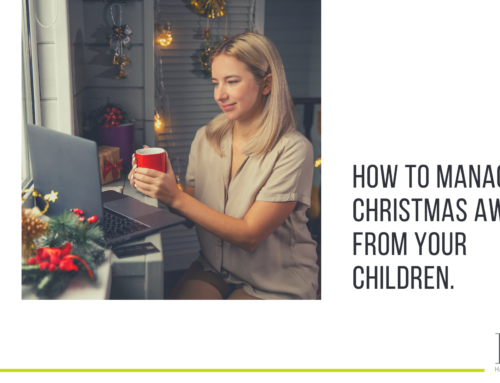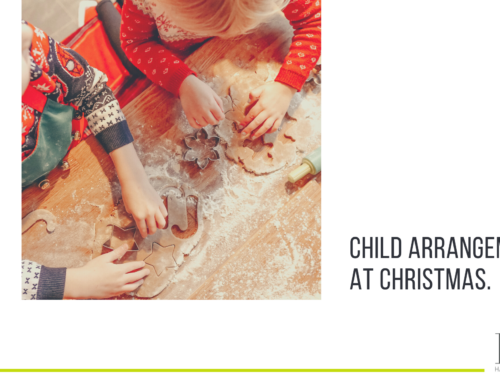When parents separate it is important that the children continue to have a good relationship with both parents. Whilst you may find it hard to get on with your ex, the two of you will always be your children’s parents.
Separating is a challenging time for everyone involved, particularly if your ex has been difficult or if there have been issues agreeing how often the children get to see you both.
Sometimes one parent tries to turn their children against the other intentionally and sometimes they are just so negative about the other parent it impacts the child’s opinion. This is known as parental alienation. The Family Courts are now very live to tackling this behaviour as the emotional impact can be extremely detrimental to a child’s well-being.
So, what can you do if you think your ex is turning your child against you?
Possible signs of parental alienation
The issue is very complex because your children are experiencing a huge change in their life. This may well leave them feeling very angry and upset. As a result, they may end up lashing out at you. It doesn’t necessarily mean your ex is trying to turn them against you. However, sometimes they are being manipulated by a parent and it is important to watch out for any signs that may indicate this so that you can do something about it.
Possible signs may include:
- Your ex-partner reduces your parenting time without good reason
- Your children make excuses about why they don’t want to visit
- Your ex only provides you with limited information about your children
- Your child may be reluctant to show you affection
- Your child’s behaviour towards you is different when the other parent is present
Supporting children through a divorce
It’s helpful to think about the ways you can best support your children through separation. It’s widely agreed that children are far better off maintaining a positive and healthy relationship with both parents.
It can be a confusing and unhappy time for everyone and children can even blame themselves for the break-up.
The NSPCC offers the following advice for helping children deal with divorce:
- Remind them that they are loved by both parents.
- Be honest when talking about it but keep in mind the child’s age and understanding.
- Avoid blame – don’t share any negative feelings the adults have about each other.
- Keep up routines such as going to school and specific meal times.
- Let them know they can talk about their feelings with you – explain that it’s okay to be sad, confused or angry.
- Listen more than you speak – answering questions will help them to open up.
Why legal help is needed quickly
- To reduce conflict and prevent the children from being used as a weapon.
- To ensure that your child gets to spend a good amount of quality time with you. If one parent is prevented from seeing the children for a period of time this can become the new “normal” and it can become more difficult to reinstate arrangements the more time that passes.
- To remove emotion. A parent being denied time with their children will understandably feel frustrated. Unfortunately, we have seen many parents who, in trying to make their ex see sense, have tackled things in the wrong way. This can result in the other parent making allegations of harassment or abuse to justify their decision to reduce or stop you from seeing your child.
Cases of this kind can feel impossible to navigate. Especially, if you have been in an emotionally abusive relationship. Our team at Harrogate Family Law are experts in dealing with all the issues, resolving disputes and supporting parents. It is vitally important to take the right approach from the outset to help you achieve the arrangements you feel are best for your child.
To find out how we can help you, give us a call today on 01423 594680.

Laura Mounsey is a family lawyer with experience of working on cases involving properties, trusts, businesses and pensions. Laura is a dedicated and talented lawyer who has been recognised with a “Safe Pair of Hands” Award.
Everyone’s circumstances are different and this article is provided by way of general information only and must not be relied upon. If you require legal advice on a family law issue, please feel free to contact us by emailing enquiries@harrogatefamilylaw.co.uk.






